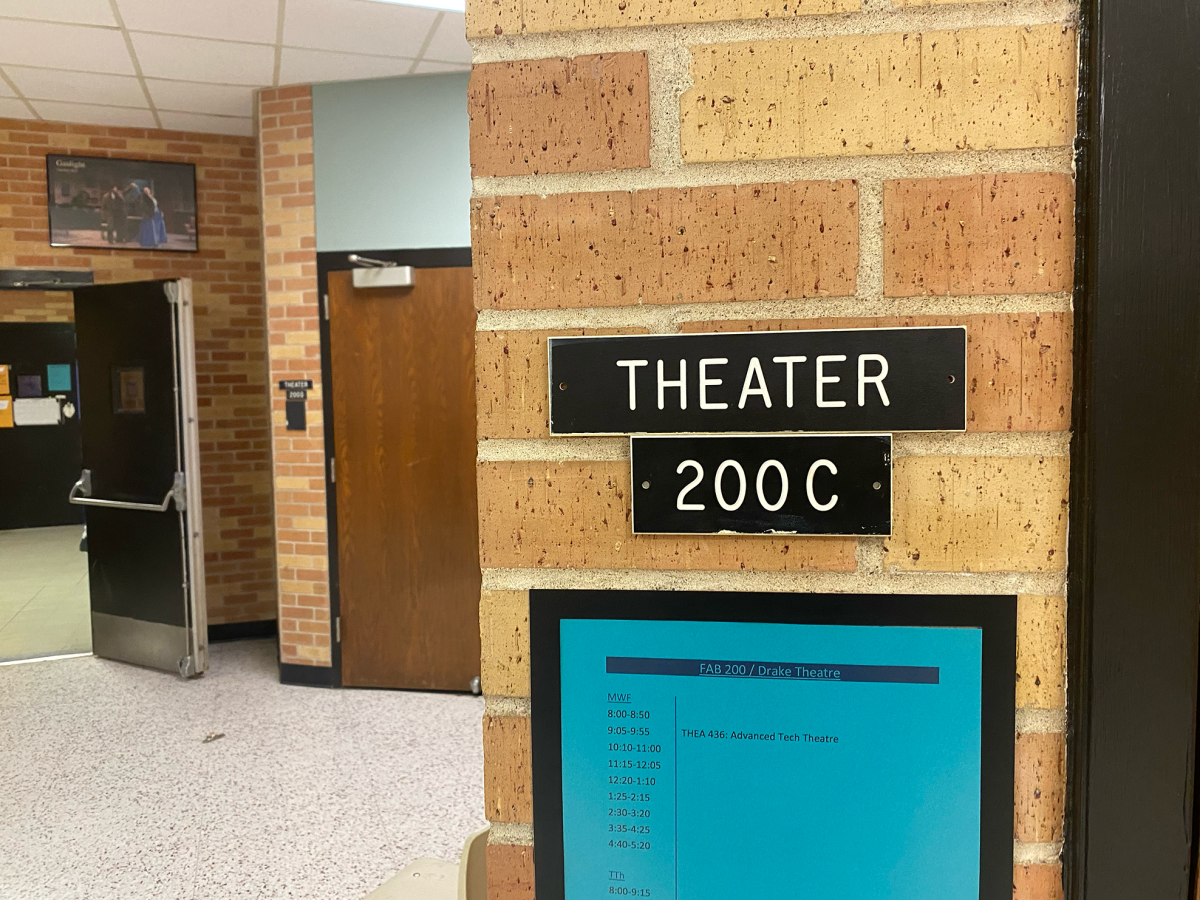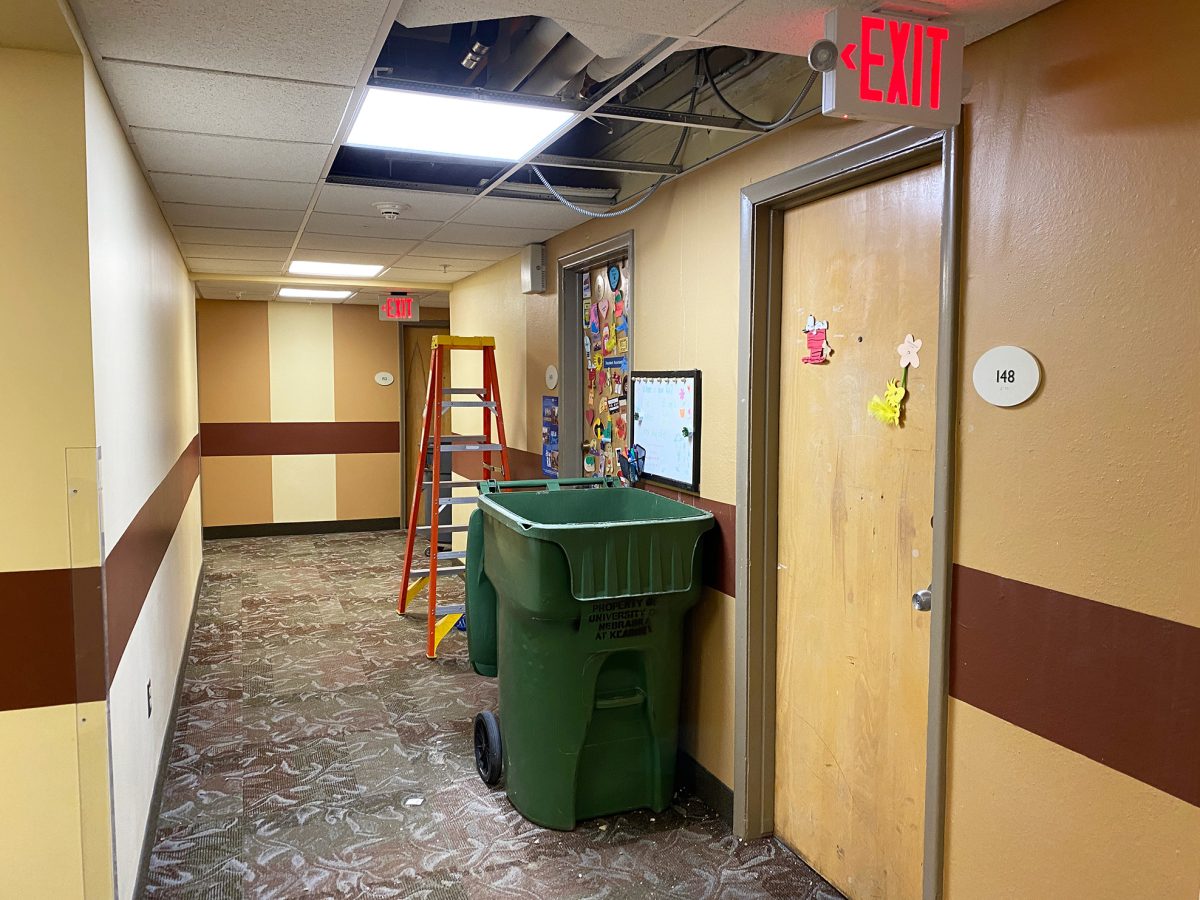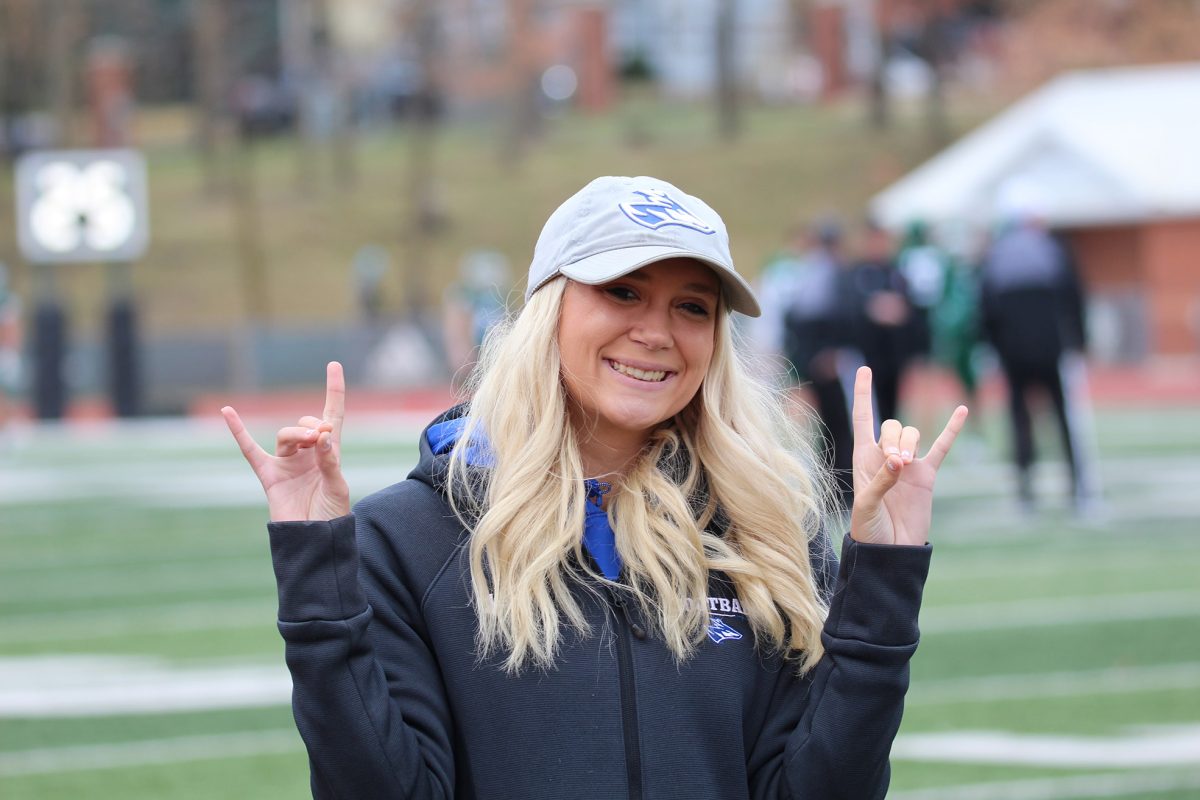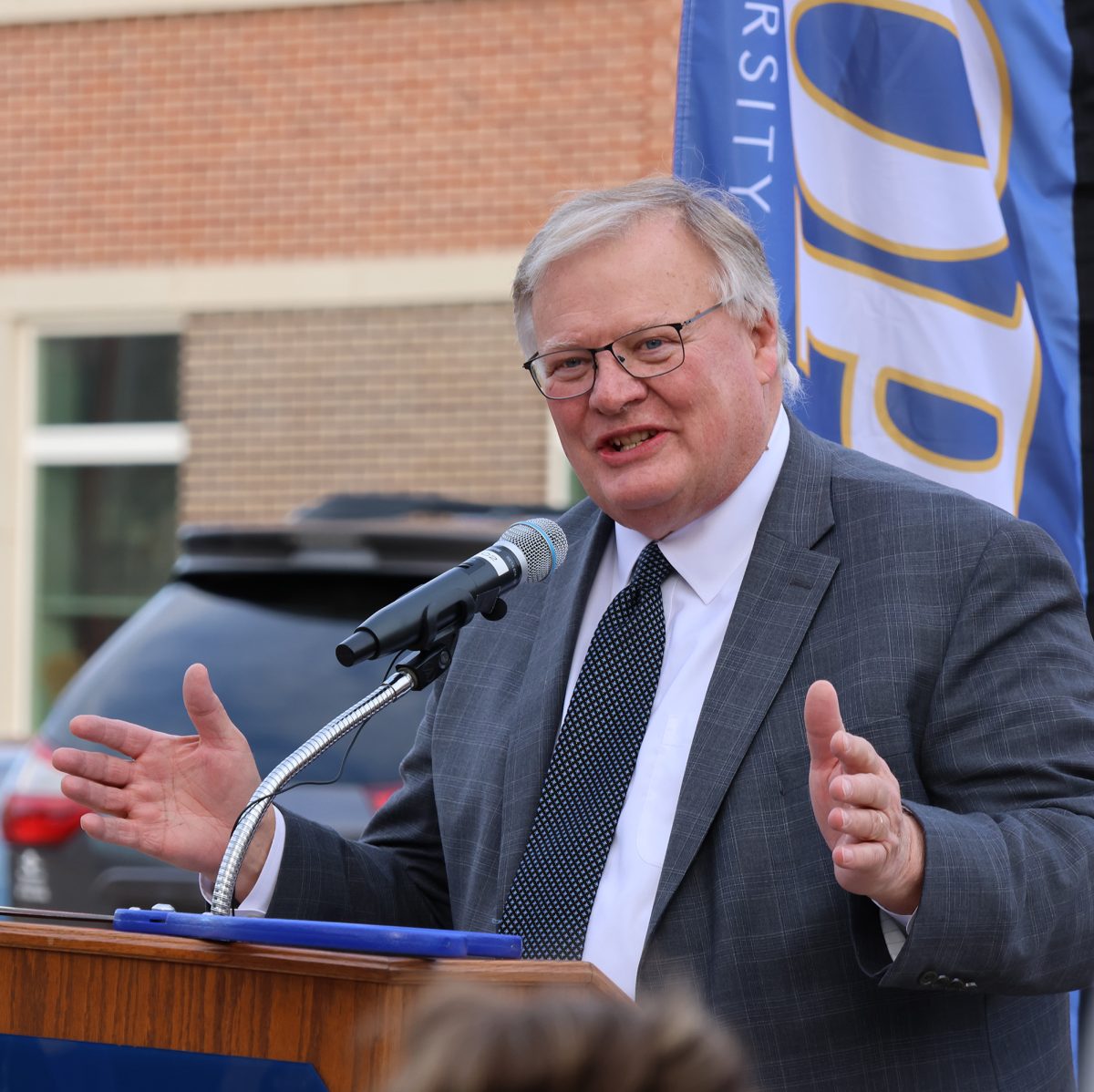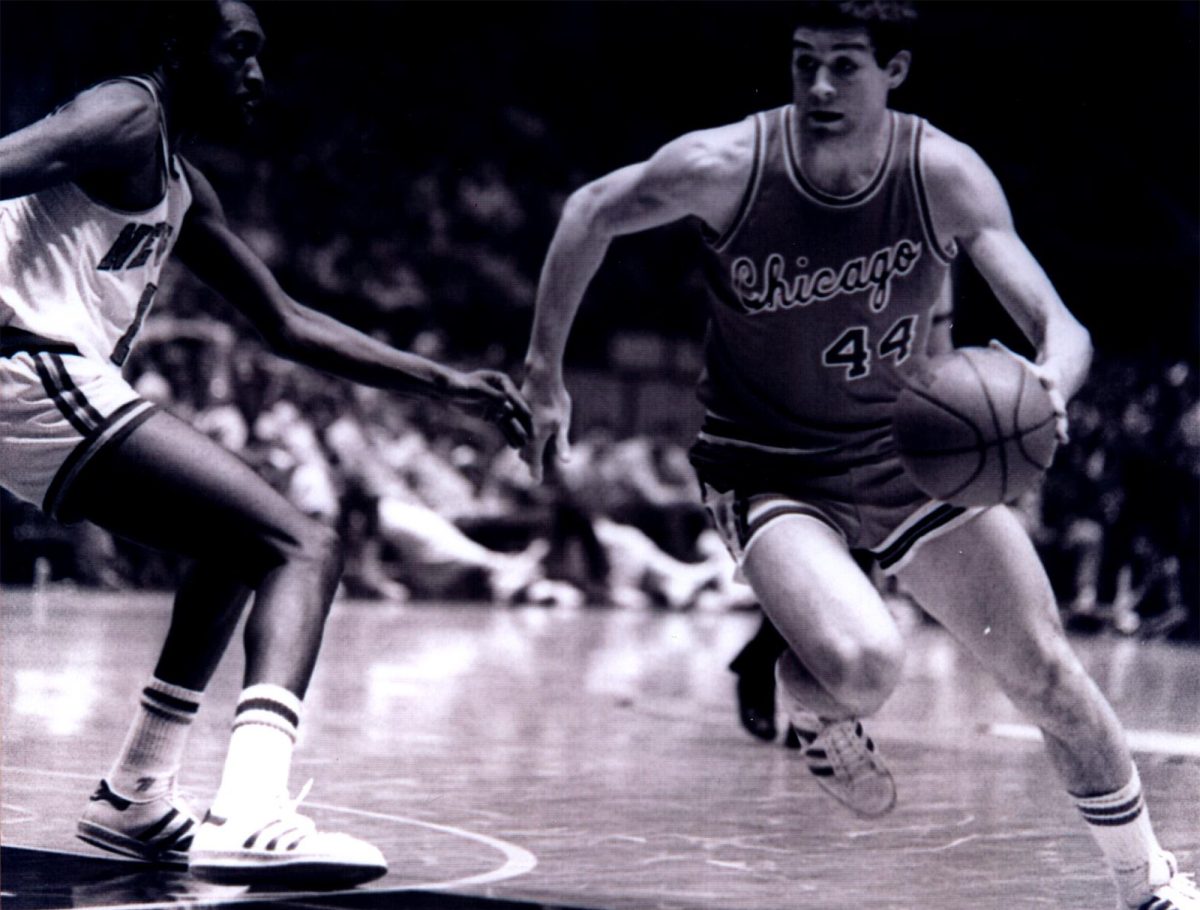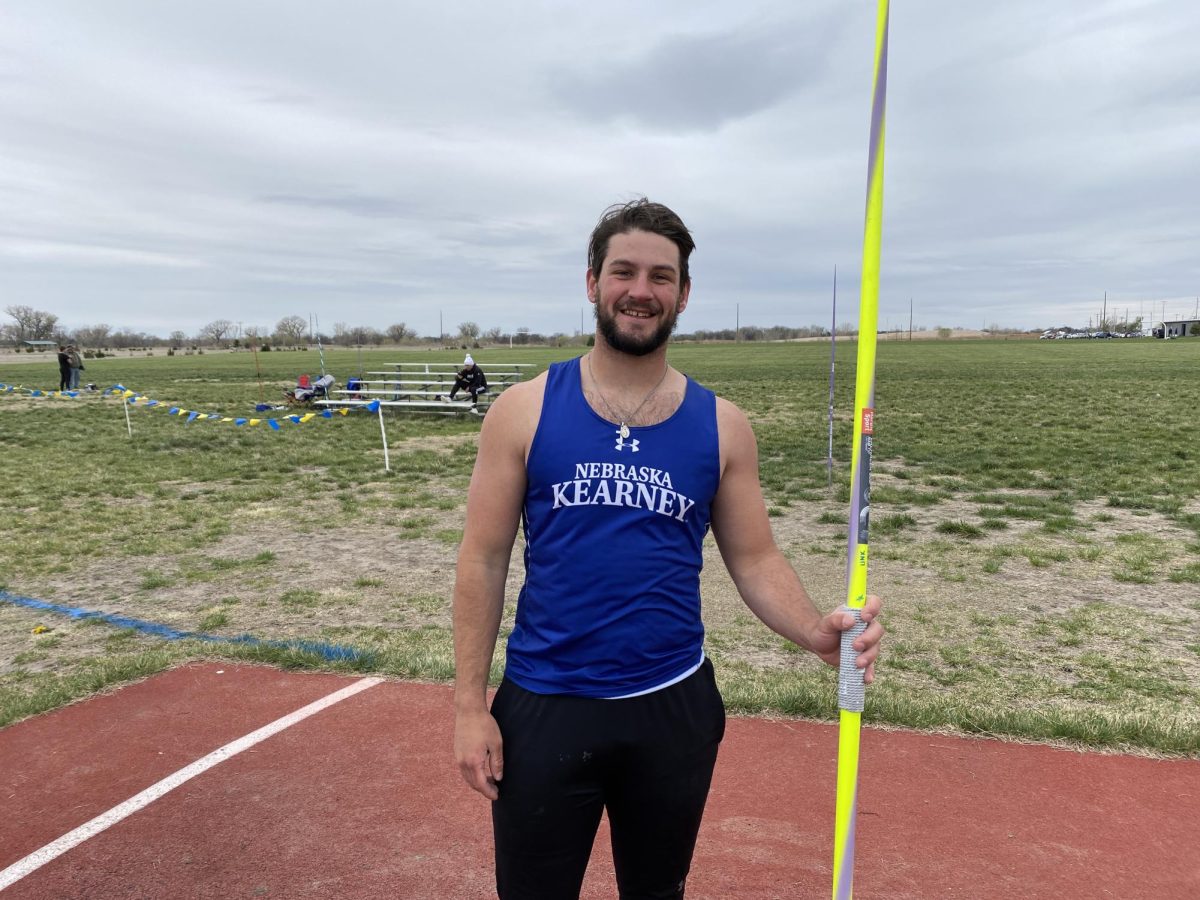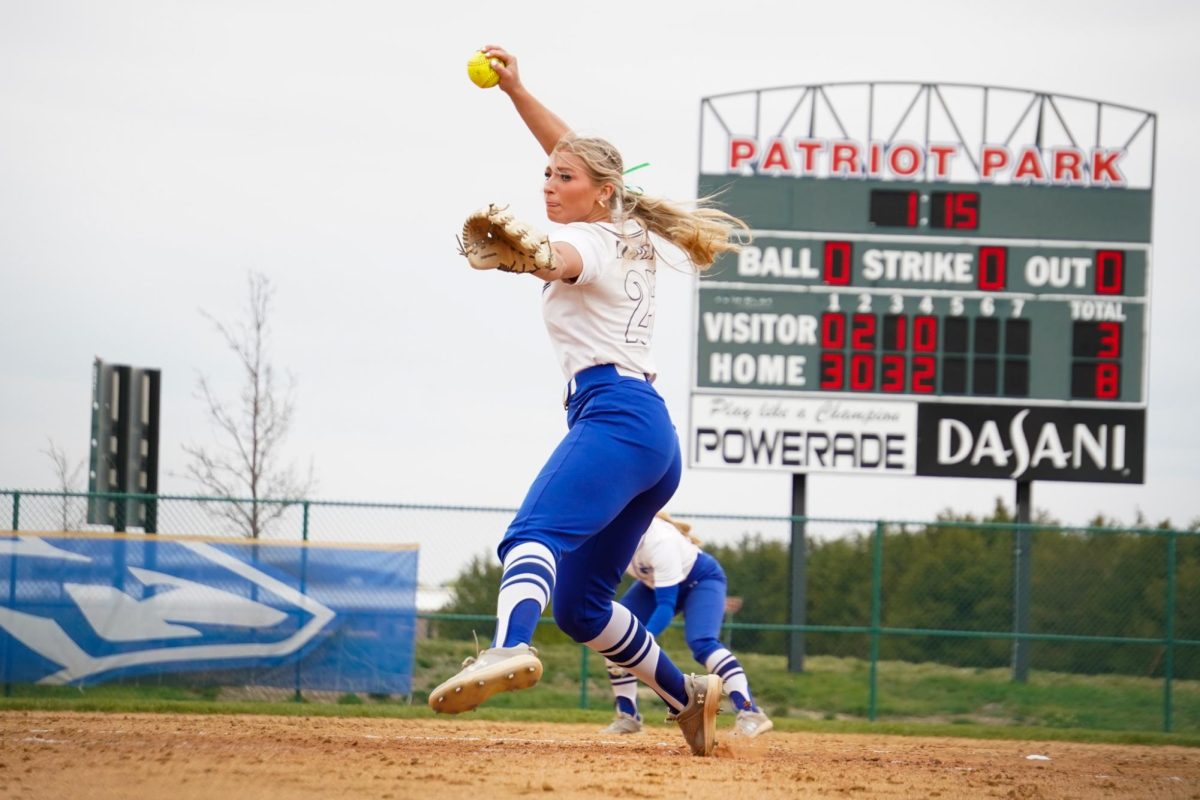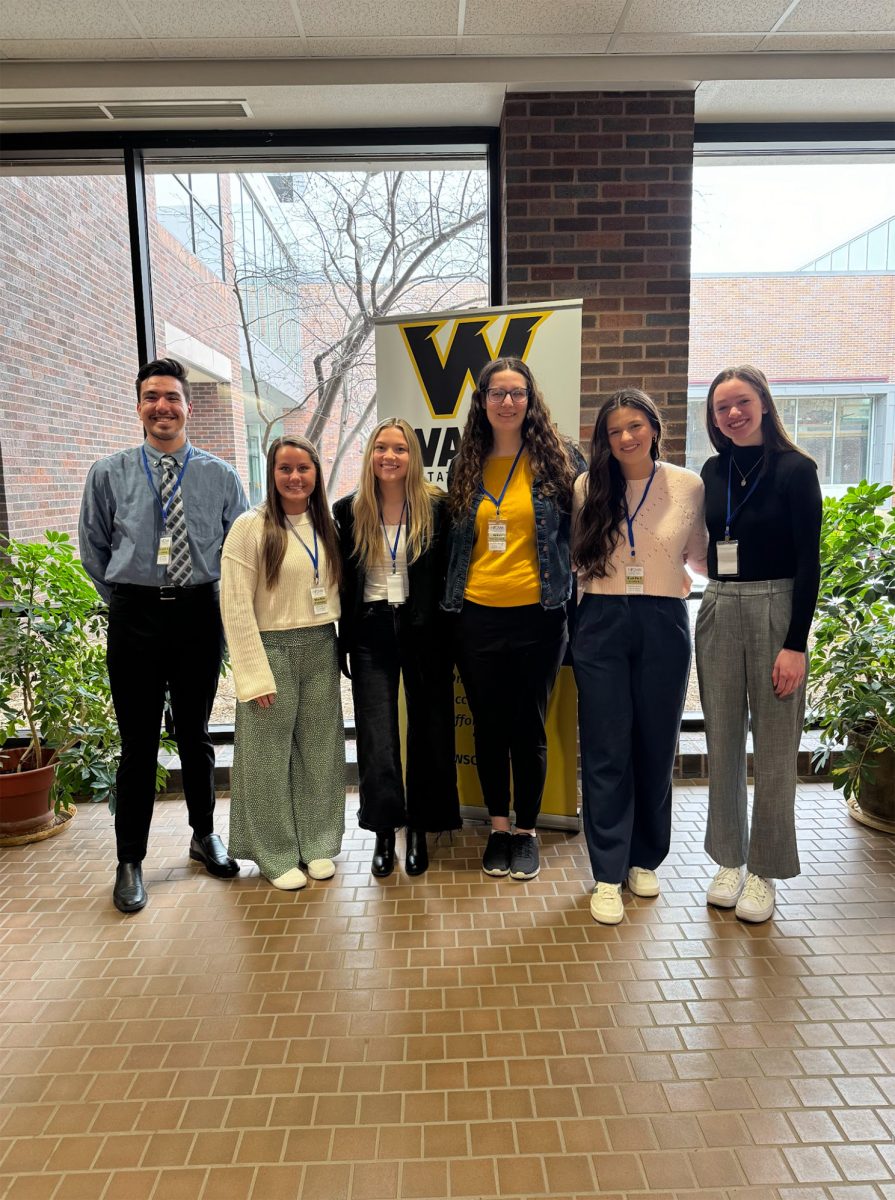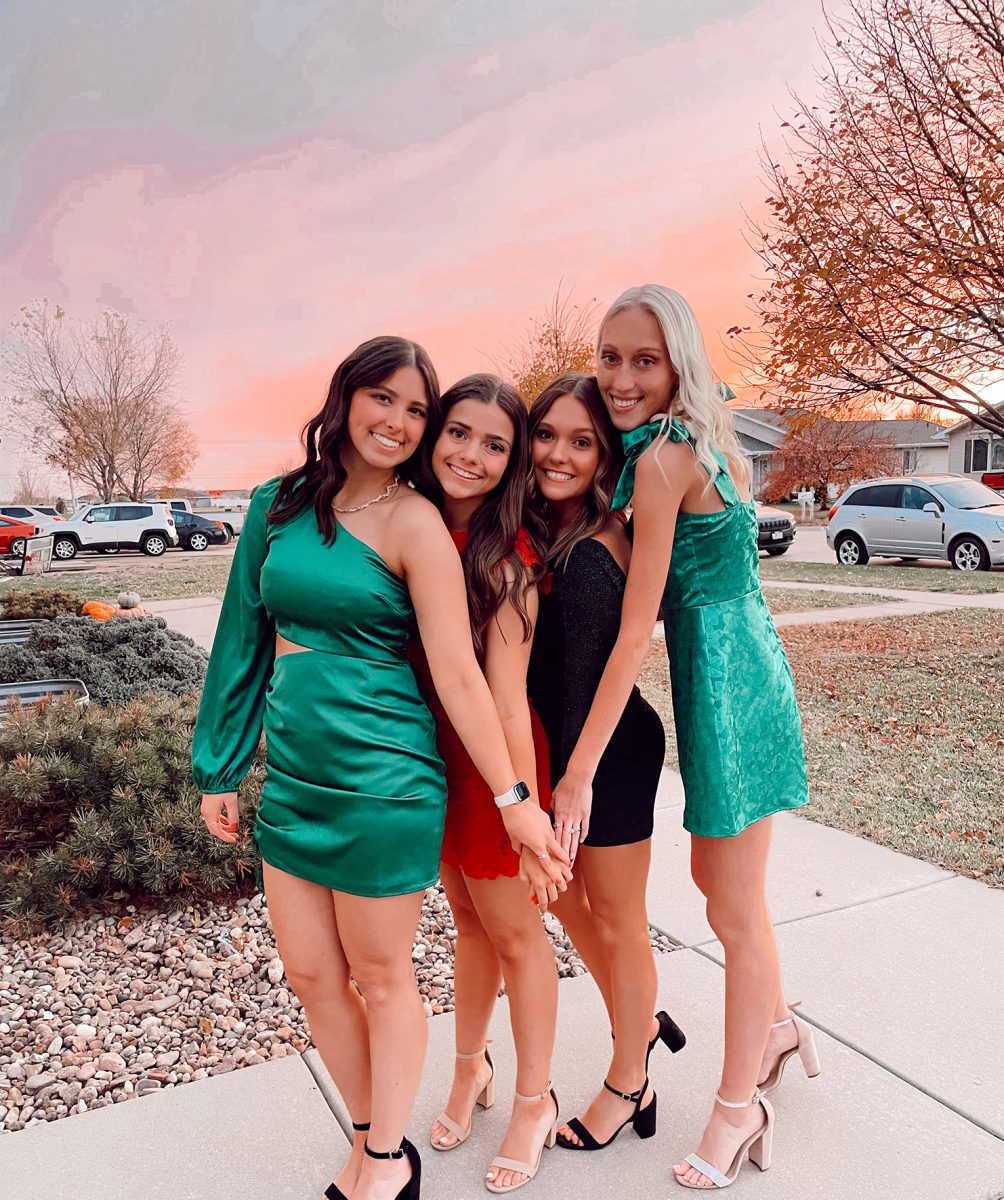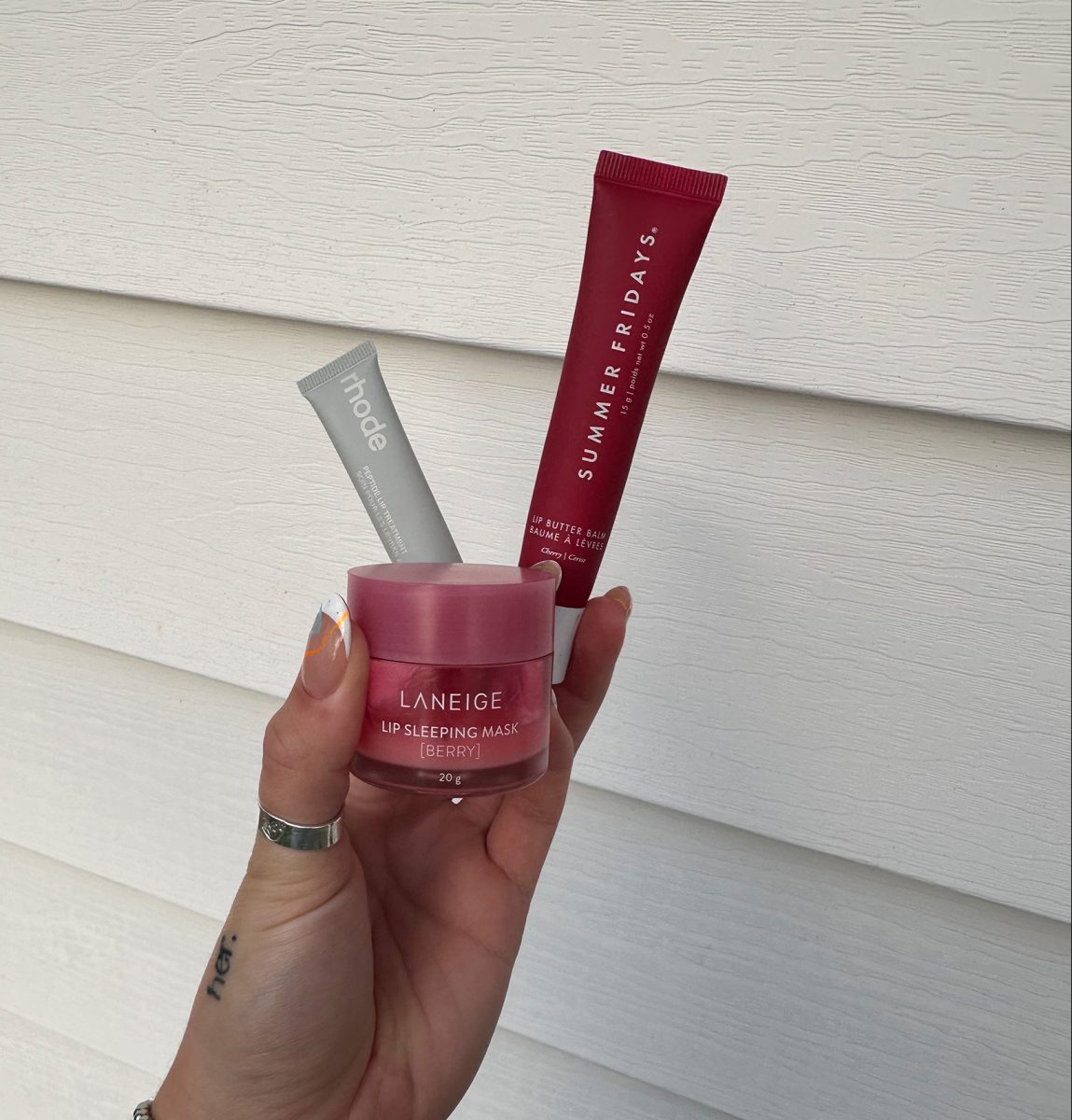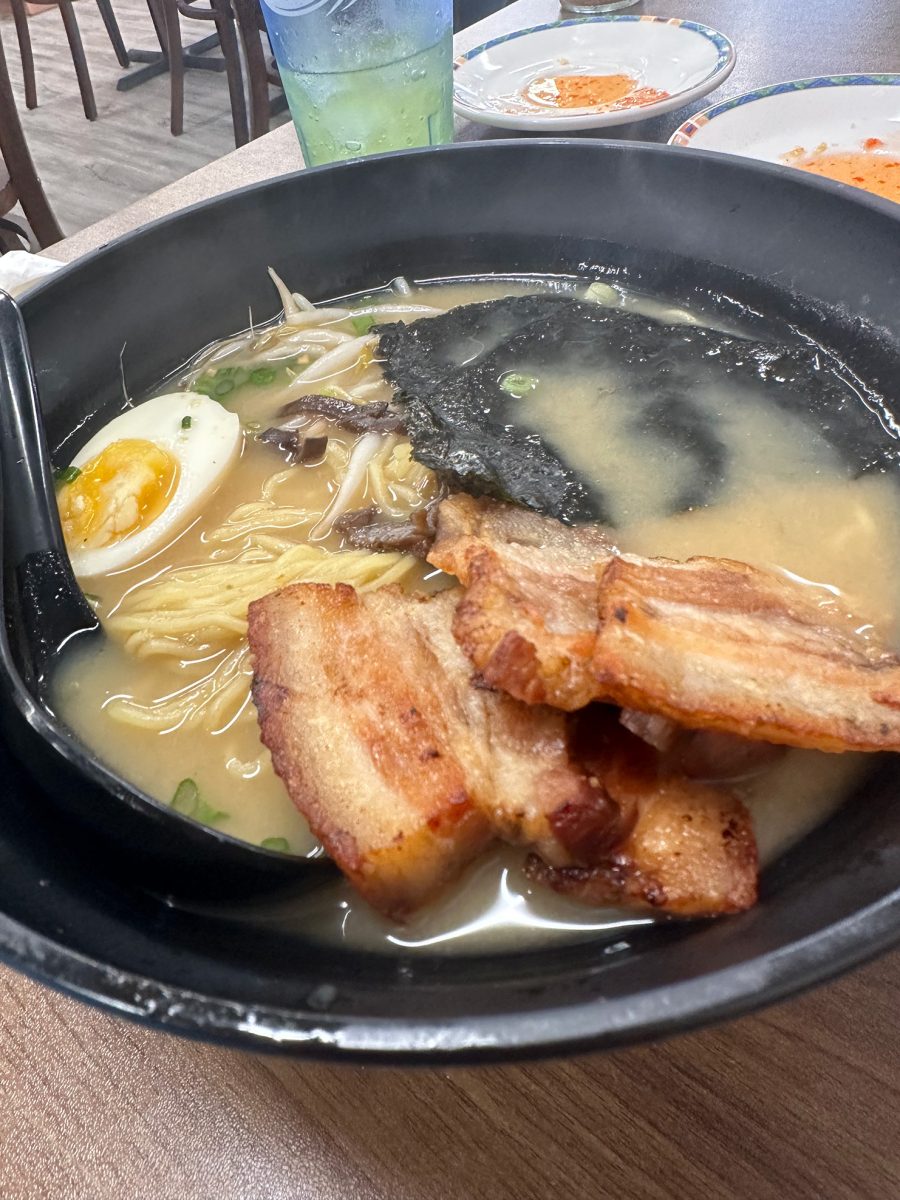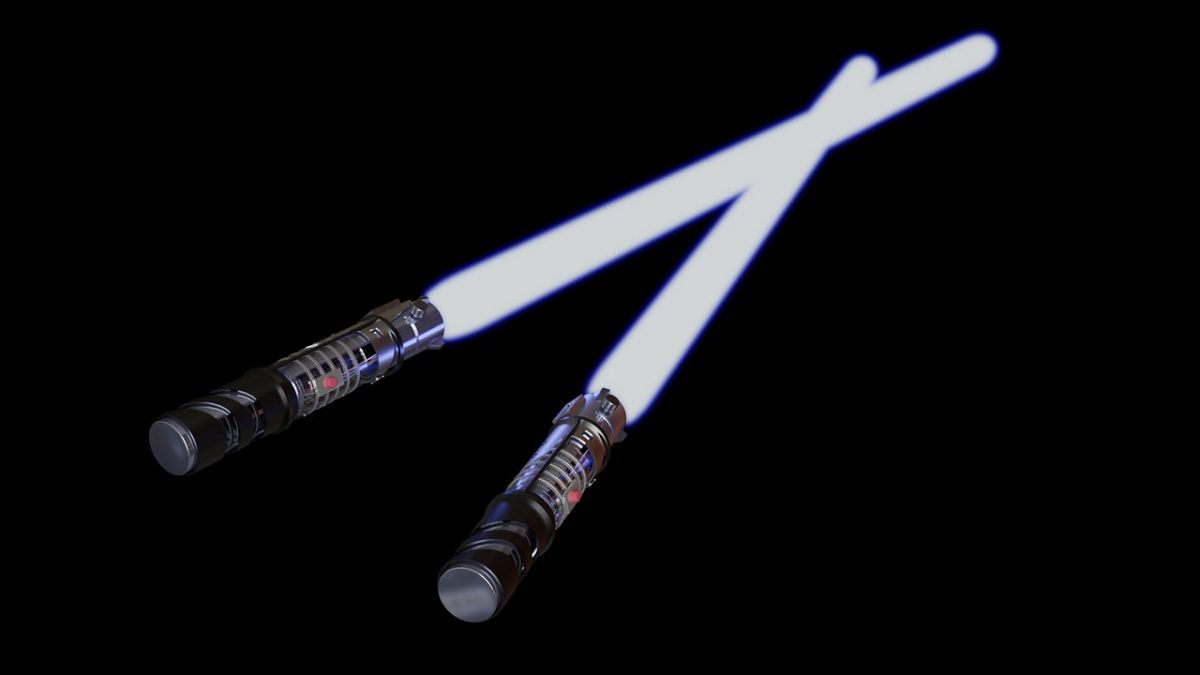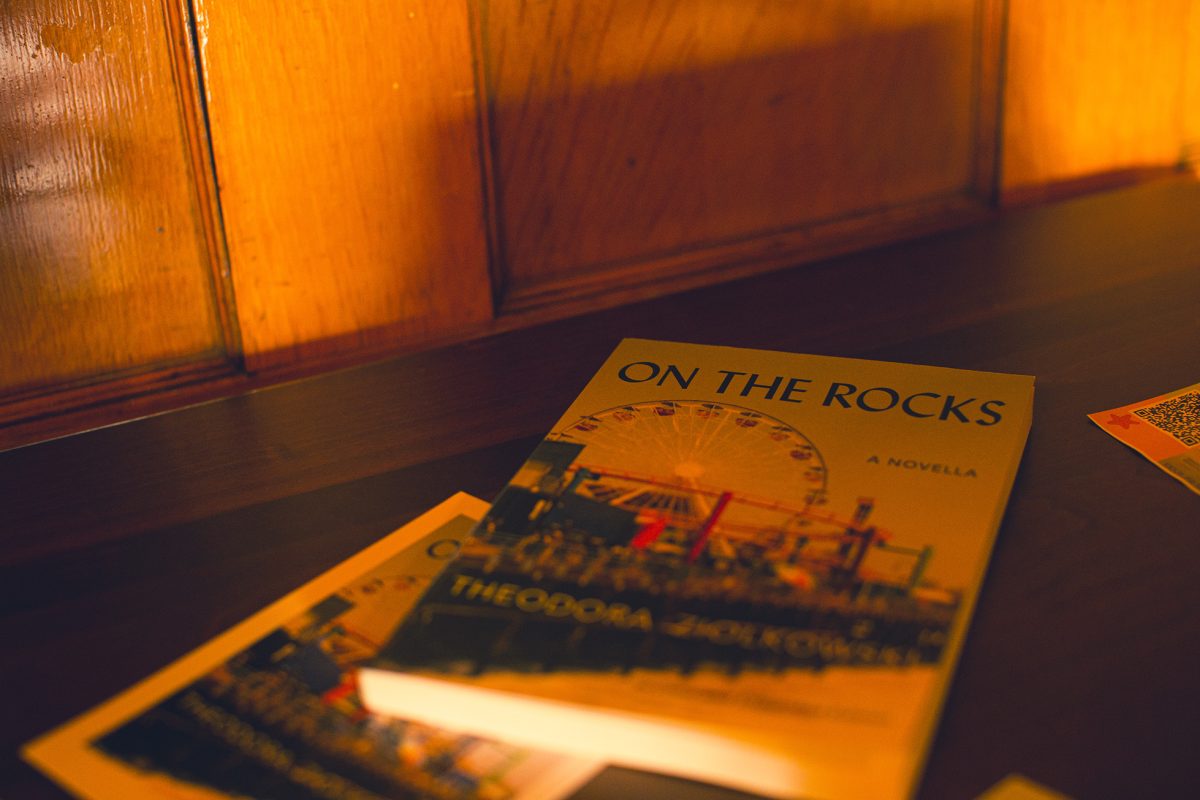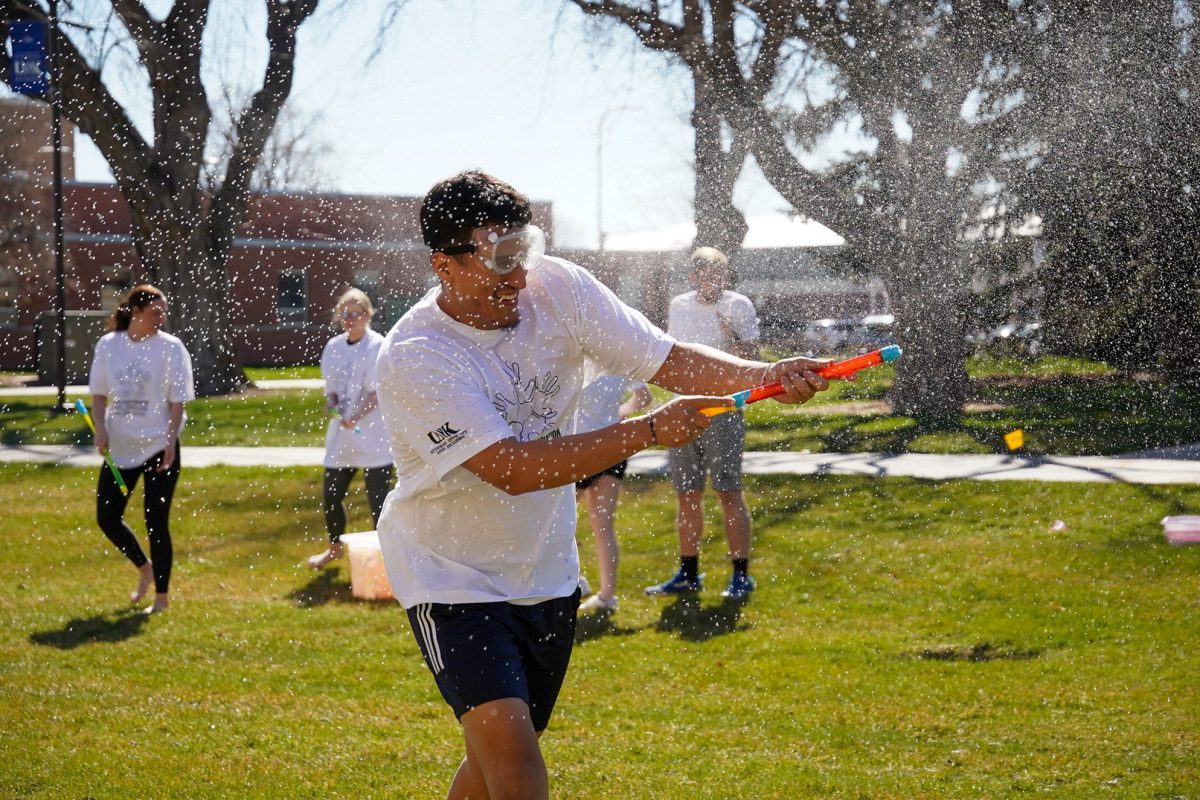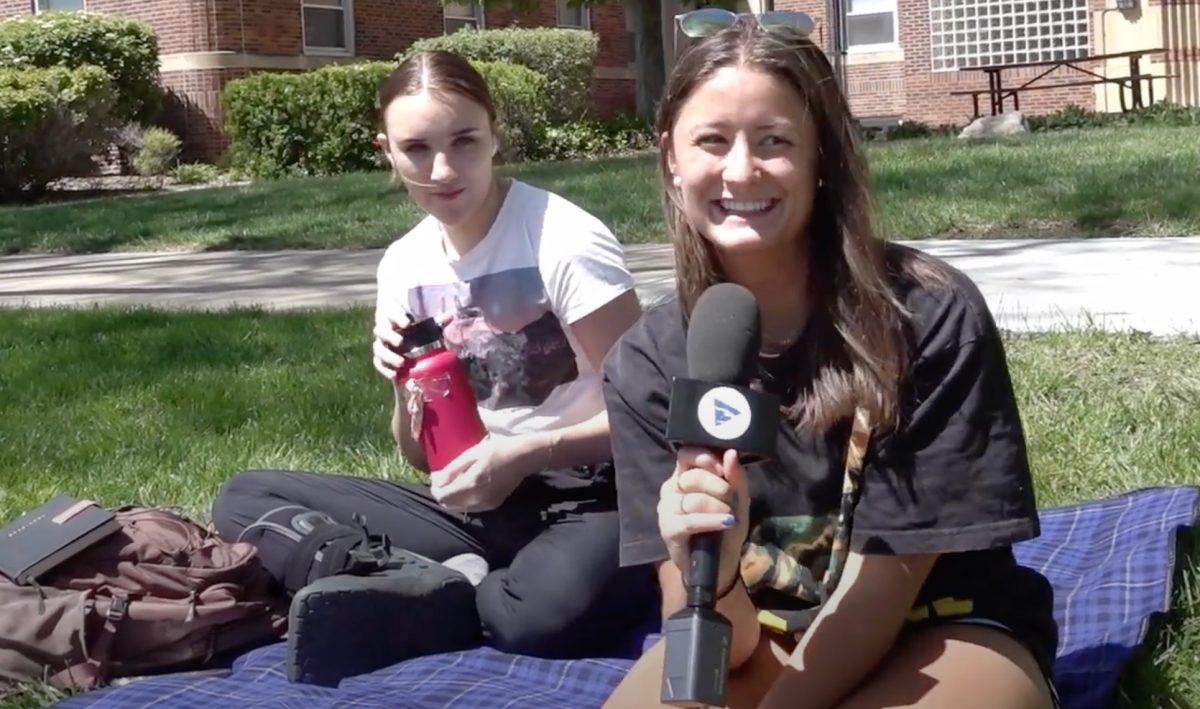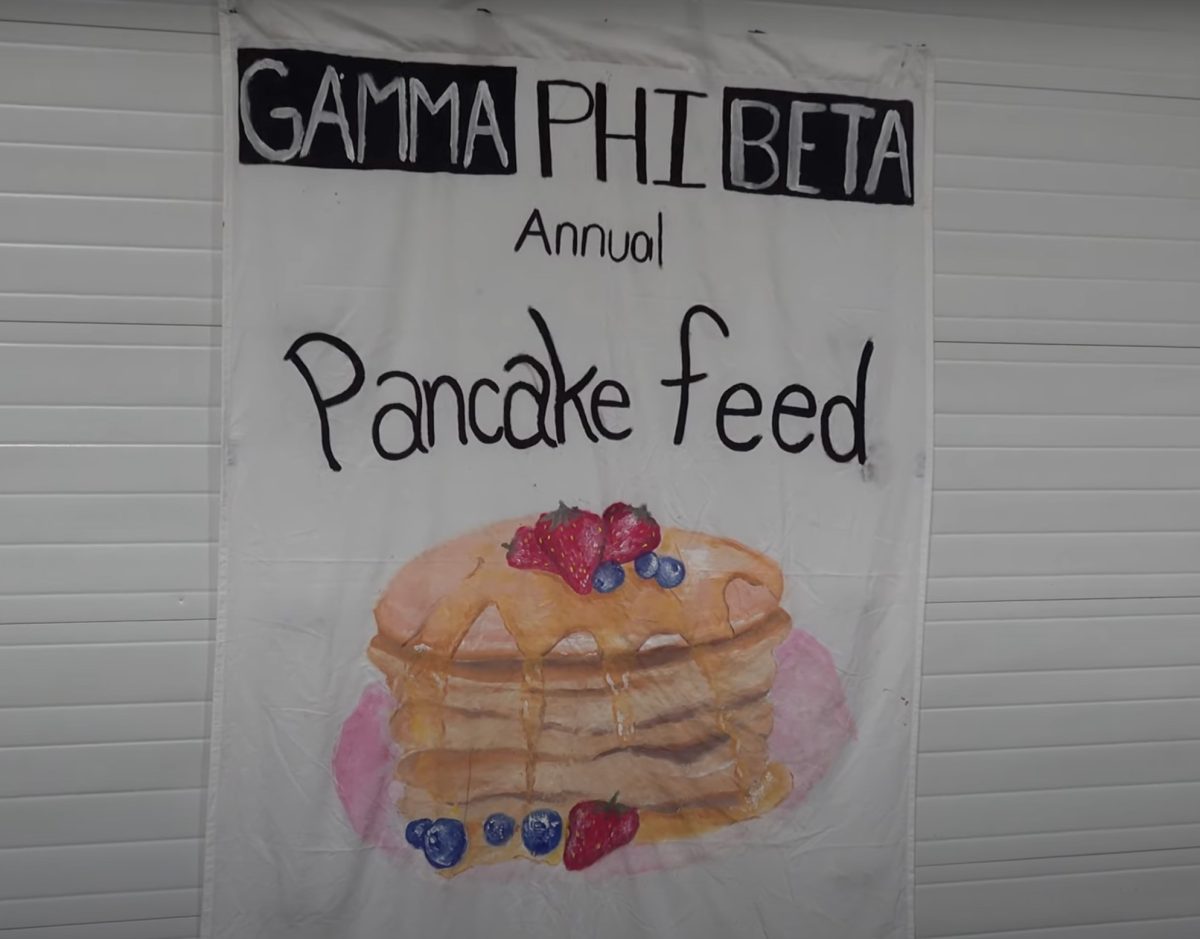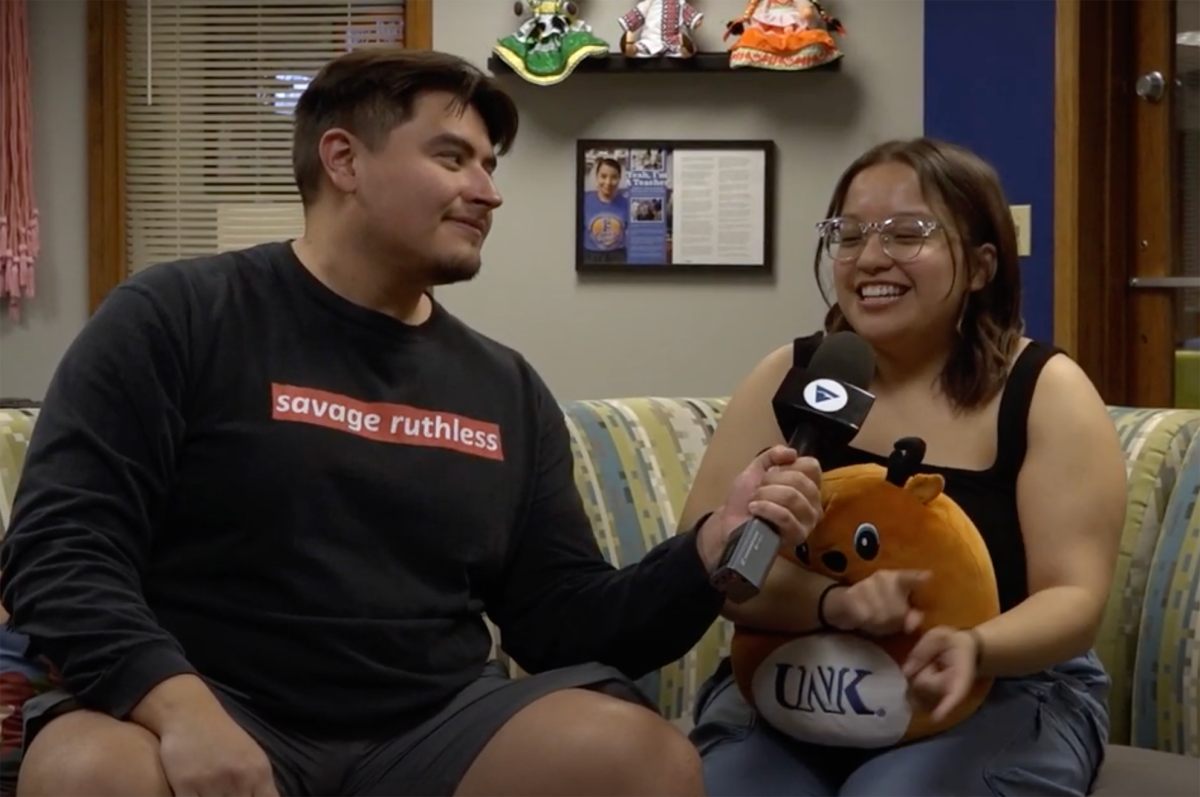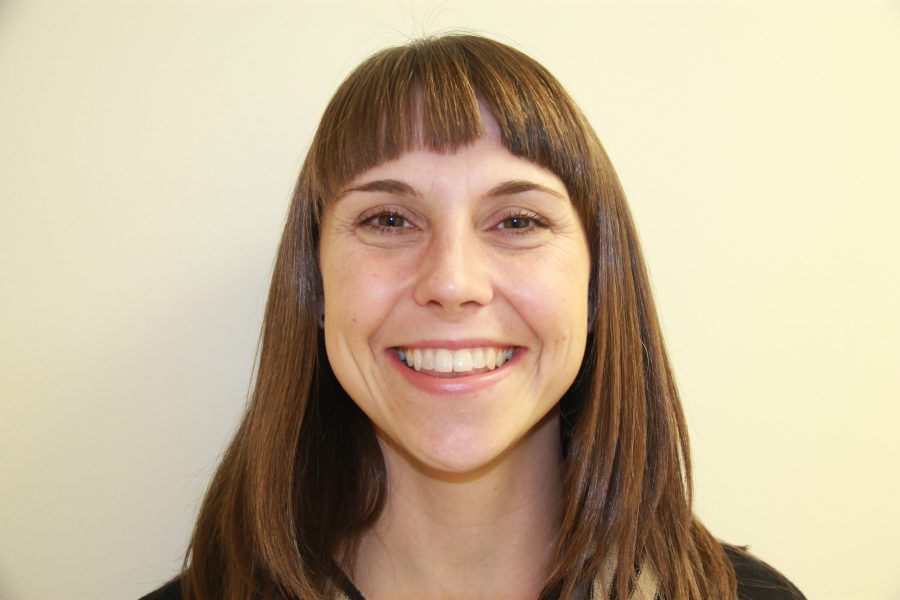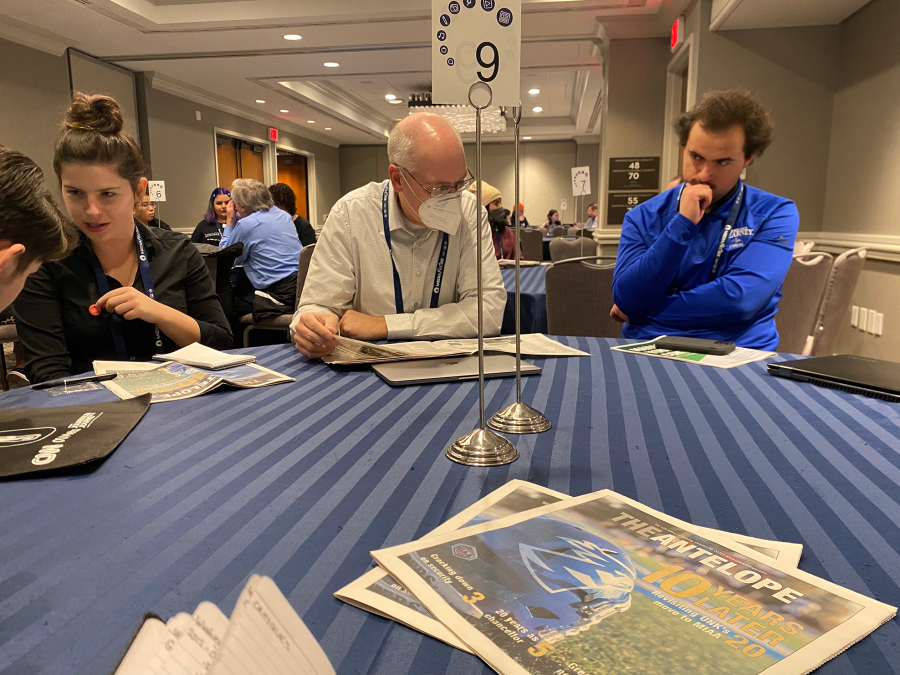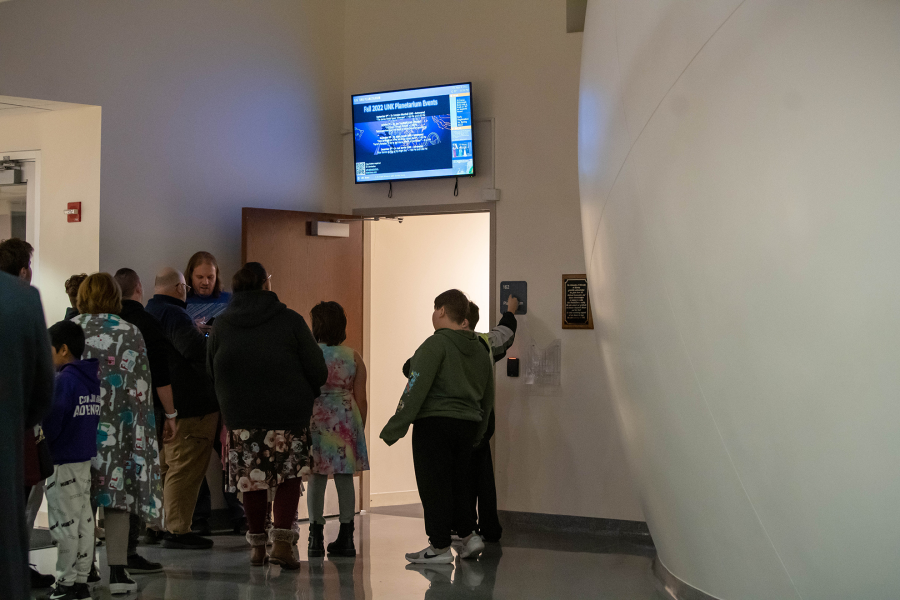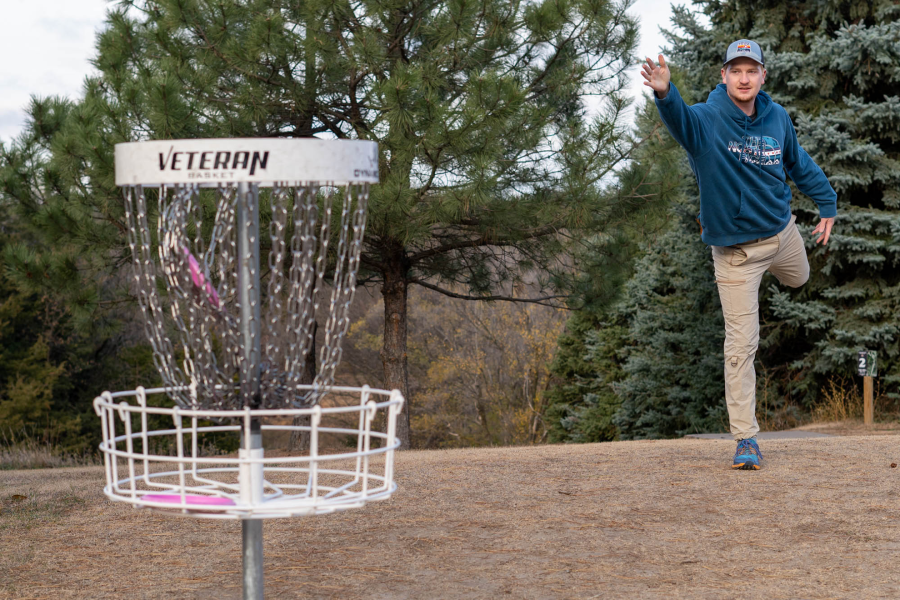After finding a love for Nebraska prairies, job with UNK, nature enthusiast feels at home
Alannah Goode
Antelope Staff
Dr. Melissa Wuellner has a passion for human dimensions, wildlife and nature and loves to help others realize the health benefits of being outside.
Throughout her high school and college education, Wuellner was actively involved with the American Fisheries Society (AFS). She is currently working to create a student sub-unit of AFS at UNK.
Wuellner, a new assistant professor of biology at UNK, moved to Kearney in June and started her work in July. She previously worked at South Dakota State University for seven years.
A native of Decatur, Illinois, Wuellner attended Ball State University in Indiana where she majored in biology with an emphasis in aquatic biology and fisheries management.
After graduating, she moved on to Montana State University, where she received her master’s degree, and South Dakota State University, where she received her PhD. She also serves as an Associate Editor for “The Prairie Naturalist.”
She says she and her family have found a love for Kearney and UNK and are planning on living here for years to come.
Q: How did you decide that the freshwater world and teaching were for you?
A: This is a long story, so I’ll try to keep it short. As a high school student, I wanted to work in the marine realm. I thought my undergrad institution had a marine program, but it turns out that it was freshwater.
During my first semester in one of my biology courses, the professor, who became my eventual mentor, plucked me out of class [and] asked if I would be willing to help some of his graduate students in the lab. I fell in love with the freshwater world, and after coursework and several internship and research experiences, I ultimately realized that I wanted to teach and mentor students in much the same way that my mentor had done for me.
Q: How was the Illinois ecosystem different than the Nebraska ecosystem and when did you first get to experience our prairies?
A: Illinois is part of the tall-grass prairie ecosystem, though much of the intact ecosystem has been changed. I think my first true experiences with more intact prairies was in eastern Montana during my Master’s research.
Q: How do you see our prairie ecosystem?
A: Willa Cather once said: “Anyone can love the mountains, but it takes a soul to love the prairie.” They’re underappreciated.
Q: Since you are creating a student sub-unit of AFS here at UNK, are there different sectors?
A: So, there’s what we call “the Society” (which is the umbrella, international part that oversees all); then you have the divisions (based on geography: Northeastern, North Central, Southern, and Western); then you have the state/provincial chapters. The student subunits operate under the state/provincial chapters. At the Society level, there are also many committees that represent certain interests (Education, Marine Fisheries, Fisheries Information Technology, Scientific Communication, etc.).
Q: Are you currently working on any writing projects?
A: Where do I begin? I have many previously completed fisheries projects that I’m working on (either as first author or a co-author) for submission to scientific journals. I have a couple of publications in progress on the scholarship of teaching and learning. My ichthyology class and I are working on developing a review paper on yellow perch recruitment in inland lakes for a scientific journal. I have one in process on the views of fisheries biologists on walleye-bass interactions for a human dimensions journal.
Q: How do you find scientific writing different than the writing you did before?
A: Scientific writing is a practice and an art; it takes lots of practice to learn. We say things like: “the practice of medicine,” or, “the practice of yoga,” for a reason. We use that word intentionally.
Q: What authors/books are your favorite?
A: “A Sand County Almanac” by Aldo Leopold; anything by Edward O. Wilson; “Last Child in the Woods” by Richard Louv; “Beak of the Finch” by Jonathan Weiner; “The Omnivore’s Dilemma” by Michael Pollan.


